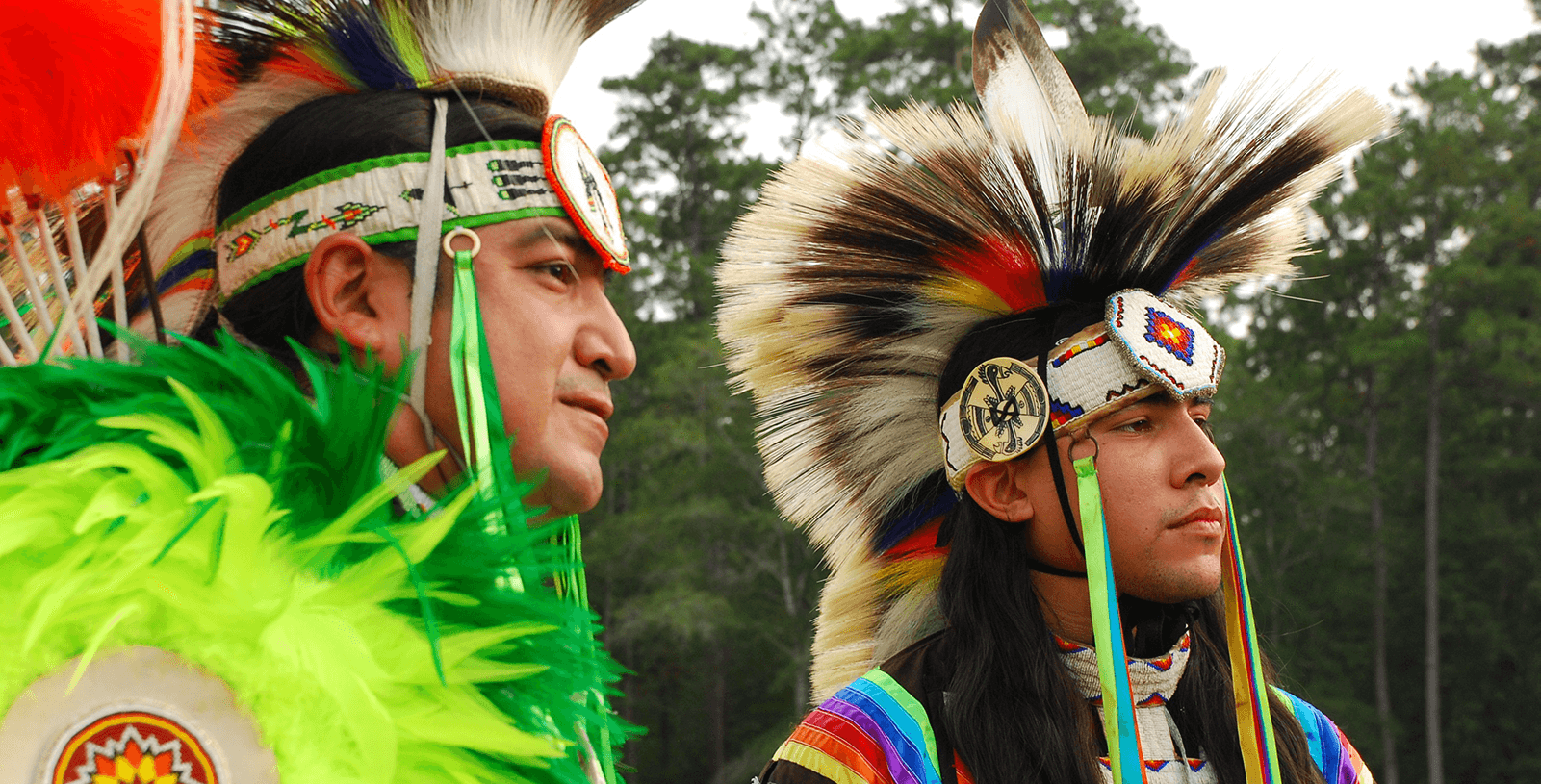Alabama-Coushatta Join Supreme Court Case that Could Legalize Tribal Gaming in Texas
Posted on: December 14, 2021, 02:55h.
Last updated on: December 15, 2021, 01:58h.
The Alabama-Coushatta Tribe of Texas has joined a US Supreme Court case which could legalize tribal gaming in the Lone Star State.

The tribe has filed an amicus brief in the case, brought by the El Paso-based Ysleta del Sur Pueblo Tribe (Tigua). America’s highest court will examine historical district court rulings that have scuttled the two tribes’ ambitions to organize gaming on their sovereign lands in Texas.
These include a 1994 ruling that the state has long cited when forcing their modest electronic bingo operations to close.
“The Supreme Court’s decision to hear this case has given us hope that the state’s effort to put our employees out of work will finally end,” Nita Battise, Chairperson of the Alabama-Coushatta Tribe of Texas’ Tribal Council, told local ABC affiliate KLTV.
This case is vitally important to our Tribe. Hundreds of jobs are at stake, as well as our long-term future and sustainability as a Tribe,” Battise added.
The tribe’s Naskila Gaming Hall, 100 miles northeast of Houston, is the second-largest employer in surrounding Polk County, directly and indirectly, responsible for 700 jobs.
The state’s efforts to shut the facility down have consistently put these jobs at risk, Battise said.
Barred from Gaming
Both the Alabama-Coushatta and the Tigua were federally recognized by the Texas Restoration Act, 1986 (TRA). This restored their sovereign lands, but it came at a price. The act contained a clause barring the tribes from organizing gaming on those lands.
Just two years later, Congress passed the Indian Gaming Regulatory Act (IGRA), which enshrined the rights of federally recognized tribes to offer Class II gaming, such as bingo, on sovereign land.
That was provided this type of gaming was legal elsewhere in the surrounding state, which is the case in Texas.
The two tribes argue they were coerced into signing TRA because they believed it was their one shot at restoring their sovereignty.
Meanwhile, the Kickapoo tribe was recognized two years earlier, in 1985, by a law that did not include a non-gaming clause. It has offered electronic bingo legally under IGRA for 20 years at its Lucky Eagle Casino, close to the Mexican border.
The tribes believe IGRA should supersede the TRA. The 1994 district court decision disagreed and has been used to stymie the tribes’ ambitions ever since.
Tide Turning
But the tide appears to be turning. It’s clear the Biden administration sides with the tribes, although there is no guarantee the judiciary will follow suit.
In August, Acting US Solicitor General Brian Fletcher wrote to the Supreme Court, asking it to take up the case.
He called the 1994 ruling “an error” that had “impaired the uniformity of a federal regulatory scheme, [and] has uniquely disadvantaged two Indian tribes.”
A positive decision for the tribes could have an impact in other states where tribes were recognized by legislation that contained non-gaming clauses, namely Massachusetts, Maine, and Rhode Island.
Related News Articles
Most Popular
FTC: Casino Resort Fees Must Be Included in Upfront Hotel Rates
Genovese Capo Sentenced for Illegal Gambling on Long Island
NBA Referees Expose Sports Betting Abuse Following Steve Kerr Meltdown
UPDATE: Former Resorts World & MGM Grand Prez Loses Gaming License
Most Commented
-
UPDATE: Whiskey Pete’s Casino Near Las Vegas Closes
— December 20, 2024 — 30 Comments -
Caesars Virginia in Danville Now Accepting Hotel Room Reservations
— November 27, 2024 — 9 Comments -
UPDATE: Former Resorts World & MGM Grand Prez Loses Gaming License
— December 19, 2024 — 8 Comments -
FTC: Casino Resort Fees Must Be Included in Upfront Hotel Rates
— December 17, 2024 — 7 Comments
















Last Comment ( 1 )
In ref to the Indian casino parking lots , they the tribal police do not patrol and do not prevent firearms on their parking lots and drugs are sold at no security cameras parking lots . Bikers orgs that go to casino buy drugs from employees that work for doo poor waking rock . Then intimidate citizens on same casino street . The us federal government should investigate all speaking rock employees that sell drugs to ones that are customers and create sting operations and shut down speaking rock and take their license away . We don’t need drugs in ysleta to fund tribal operations do we ? Their employees harrassed to try to force us citizens off properties so they could buy properties cheap. So truth will soon come out . I read about threats to tribal casino ? Why is that ? A drug deal gone bad ,? tribal police need to be investigated by our us government ASAP ! Maybe arrests from casino will come very soon when us government starts their full investigations to a tribe that thinks they are above the law ? We shall wait and see when news exposes the real truth not the hidden truth ? But I would like the us government to investigate tribal police check their bank accounts and offshore Mexico banks ? as a concerned citizen we don’t need people to be on drugs do we ?